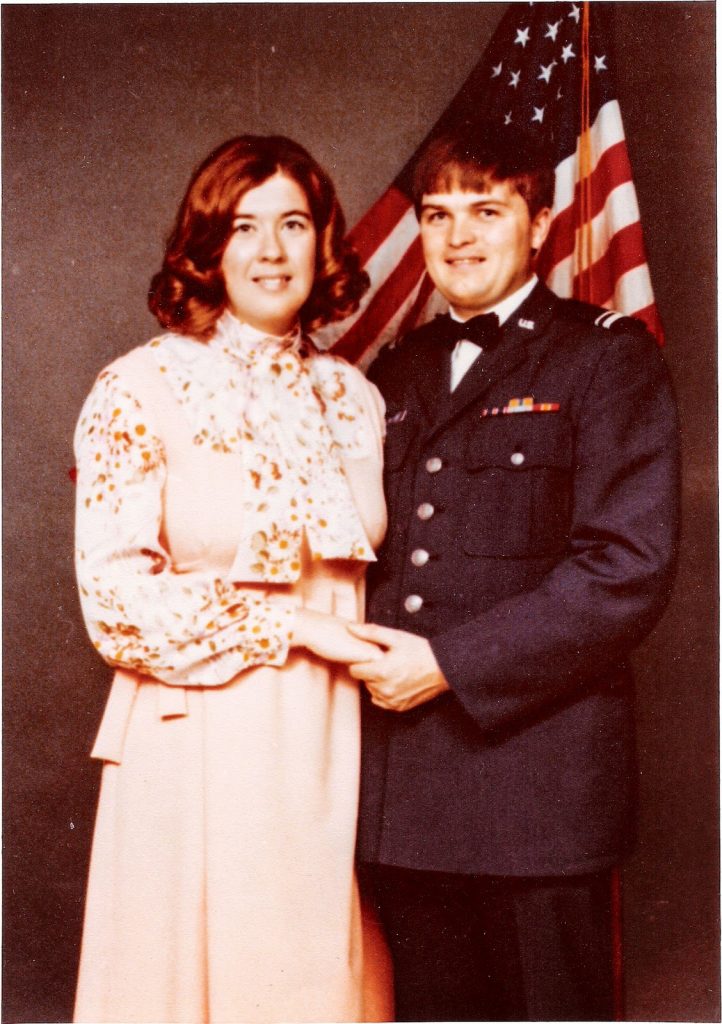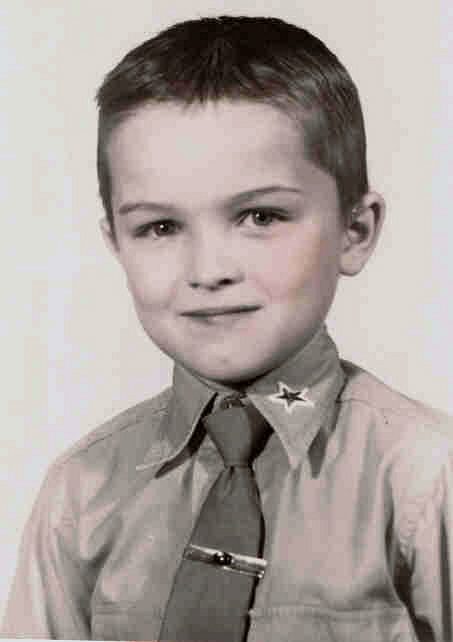The emotion of grief, to varying degrees, is natural for humans but potentially very toxic. The causes of grief are both external, that is, events that happen to us, and internal, one’s own nature and how prone we may be to suffering grief.
Throughout history and continuing on through today, some people have suffered extreme traumas that can affect them the whole remainder if their lives. Victims of horrendous crime, violence, war, natural cataclysms, or massive plagues, all such victims are severely tested. As a consequence, shock, loss, grief, anger and bitterness are very hard to cope with.
Just imagine, if you can, Russia’s Empress-Dowager Maria Fednorova, barely escaping with her life to Denmark after her son Nicholas II and his young family all were brutally shot to death by the Bolsheviks and their bodies dumped into pits in the forest. She struggled with her grief for ten years. Her coping mechanism was to hold out irrational hope that one or more of them somehow had survived. Of course, we now know that all their remains have been found and none survived. For most of us, the common loss of a loved one or friend, loss of job, home, or financial security, is hard enough. That certainly has been true with me.
Then, each of us is wired somewhat differently from others. Some people are quite sensitive and vulnerable to prolonged grief. There are several potential causes. Brain physiology and chemistry differ among people. This may be caused by genetics, PTSD, emotional or psychiatric anomalies, drugs or alcohol. Too often, people lack good support systems of family, regular friends or mentors. They feel more alone, vulnerable, and less resilient.
Turning grief into an energizer, a motivator for constructive thinking and behavior, is an important coping skill that people should learn and practice. In contrast, dwelling endlessly upon grief can cause devastating effects upon one’s mental and physical health. A dramatic example of this is the character of Miss Havisham in Dickens’ “Great Expectations.” Once defrauded of all her money by the beau who promised to marry her and then abandons her, she remains for years in her yellowed wedding dress, sitting in a dark, decaying mansion where all the clocks are stopped at the time she learned of her betrayal, and with the desiccated remains of the wedding breakfast and cake lying on the table. Such a mind-set and behavior are obviously destructive to health and happiness.
Like everyone, I have had my share of grief, and for various reasons. Sometimes a sense of grief comes and goes, triggered by remembrances of past times, good or bad. This is true with the loss of my partner more than eighteen years ago. I still have moments. I also still miss my wire-hair fox terrier, who had to be put to sleep two weeks after my partner died.
I’m afraid that I also am prone to a more generalized grief that some others may not suffer. There is much about human beings and the world that is unnecessarily evil and toxic, and I morn humankind’s apparent lack of the ability to feel empathy, to change and improve.
My means of coping apparently is for me to focus upon the positive, associating with loving people, appreciating beauty in all forms. My writing about this topic “Grief” provides me with the opportunity to remind myself to remain focused upon the good.
© 10 August 2015
About the Author
I have had a life-long fascination with people and their life stories. I also realize that, although my own life has not brought me particular fame or fortune, I too have had some noteworthy experiences and, at times, unusual ones. Since I joined this Story Time group, I have derived pleasure and satisfaction participating in the group. I do put some thought and effort into my stories, and I hope that you find them interesting.



